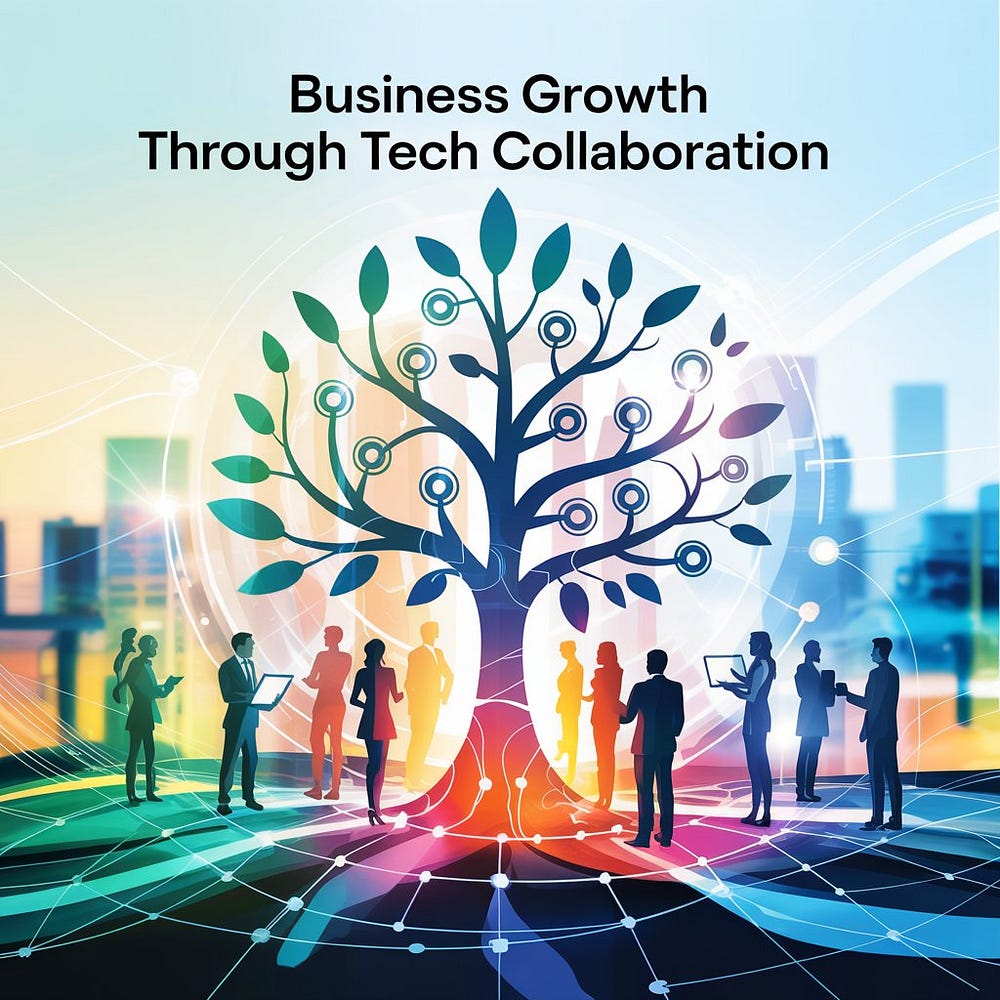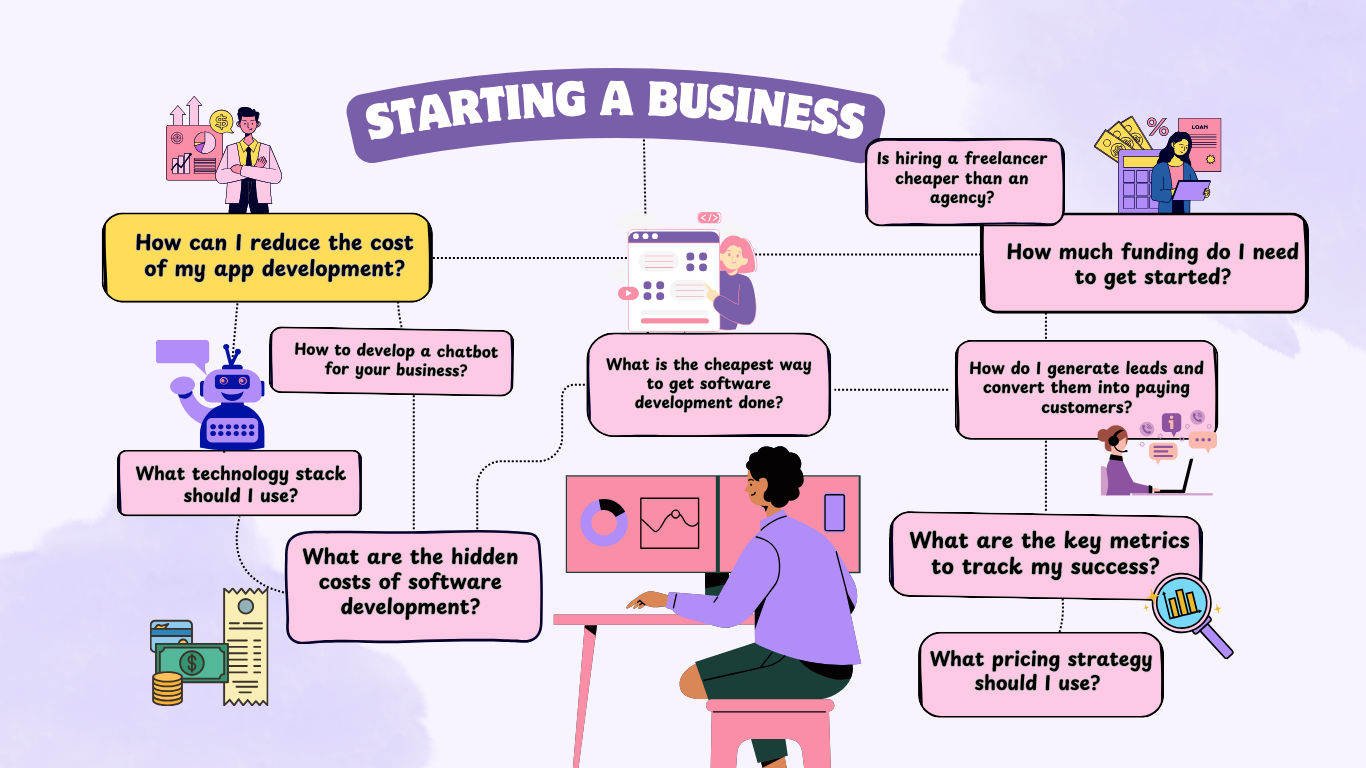Open Source in 2025: What Startups Can Learn from This Year’s Top GitHub Repos
Open Source in 2025: What Startups Can Learn from This Year’s Top GitHub Repos
The quiet revolution of 2025 isn’t happening on a grand stage. It’s unfolding in GitHub repositories, one pull request at a time.
While the world of technology is abuzz with AI advancements and IPOs, the subtle thrust to the future comes from open-source innovation. The 2025 GitHub projects aren’t merely projects but blueprints to startups’ thought processes, operations, and business growth. If you’re a founder and not thinking of open source, you’re missing the ultimate cheat sheet to success.
Let’s look at what the most intelligent startups are learning–and why you should too.

1. Speed Is the New Currency
LightningAI and Hyperstack were the major GitHub projects that underwent explosive development because they didn’t aim for perfection but for velocity. Frequent commits, messy launches, quick feedback cycles: that’s the formula.
Lesson for Startups:
Building the “best” product in 2025 is not winning. Rather, it’s those who are quick at getting things done, iterate faster, and involve the customer as a co-founder that will thrive.
Action Tip:
Adopt a “release early, improve often” mindset. Your V1 doesn’t need to be your best; it just needs to exist.
2. Community Isn’t Optional Anymore
Rocket.Chat and BrowserUse not just won stars but created armies. They fostered user affiliation by creating different activities and referring to the users as contributors.
Lesson for Startups:
The first 100 buyers must not only make a purchase, but they should also be your co-creators in the making process.
Action Tip:
Get a Slack, Discord, or private group of people organized in the initial phase. Draw the users into your plan. Ownership = loyalty.
3. Documentation Is a Secret Weapon
It wasn’t the most flashy issues that went viral, but rather the ones that could appeal to the majority. Great README files. Killer tutorials. Video Walkthroughs.
Lesson for Startups:
Clarity beats brilliance. In 2025, only the startups that were good at explaining got better sales.
Action Tip:
Employ the documentation plan as much as the design stage. Confused consumers do not convert. Well-informed customers will be your best advocates.
4. Scaling Trust through Transparency
Those repositories that suffered from serious bug counts, negative community comments, or frequent outages managed to maintain their user engagement. They did not keep the problems a secret but instead openly reported the faults and quickly convened the volunteers to help execute the fixes.
Lesson for Startups:
Consumers don’t seek perfection in 2025. They value honesty.
Action Tip:
Always verify your narrative in the real world. Announce and identify achievements and pitfalls. Openness is the new credibility.
5. Small Innovations Are Winning Big
Not all viral repos were groundbreaking AI models. Some were very straightforward, like Maybe (an open-source finance OS) or NocoDB (a spreadsheet-like database manager which is an alternative to Airtable), that addressed one problem at a time perfectly.
Lesson for Startups:
You might not be able to change the entire world. But you can change someone’s world.
Action Tip:
Choose a very small niche. Address the pain point perfectly, and users will most certainly have a story about you to tell.
6. Monetization Doesn’t Kill Open Source — Misalignment Does
Surprisingly, the most successful projects were the ones that did not abandon the concept of monetization. They offered premium tiers, support services, or hosted solutions. But they tied it to community growth, not against it.
Lesson for Startups:
Open-source isn’t opposed to the idea of making money. It's pro-trust. Customers in 2025 will pay for transparency, reliability, and like-minded goals.
Action Tip:
Ask yourself, “How can we serve more deeply?” instead of “How can we lock features away?”
Final Thoughts
Open Source = Open Opportunity
2024 meant building in public, while 2025 is all about scaling with the community. It is evident that if startups go down the route of using open source as inspiration and not as a competitor, they will build fast, stronger, and sell smarter.
Regardless of whether you are building a SaaS, developer tool or marketplace, always consider the following:
Your GitHub habits may just define your business success.
Are you still working on building your idea privately?
The year 2025 is open — literally.
Looking to build a high-performing remote tech team?
Check out MyNextDeveloper, a platform where you can find the top 3% of software engineers who are deeply passionate about innovation. Our on-demand, dedicated, and thorough software talent solutions are available to offer you a complete solution for all your software requirements.
Visit our website to explore how we can assist you in assembling your perfect team.





